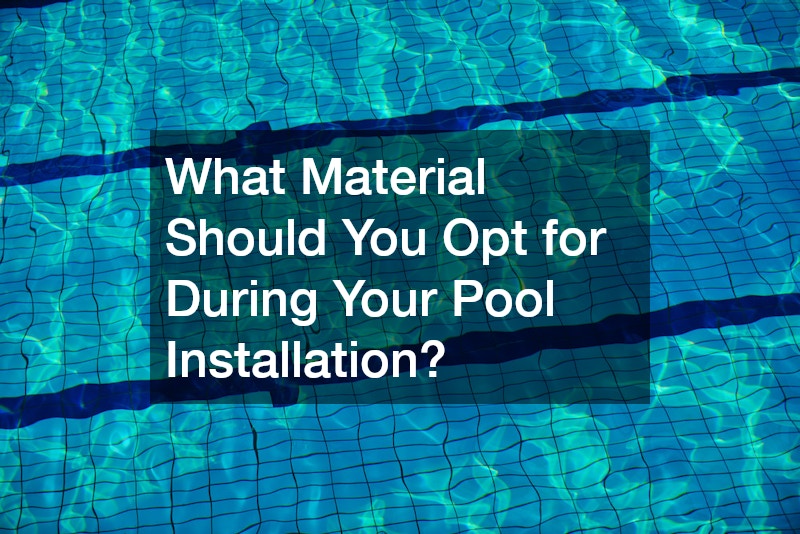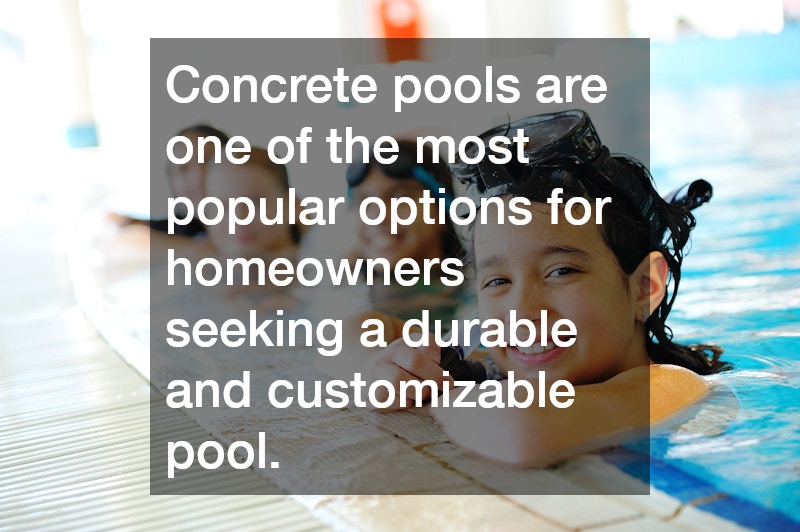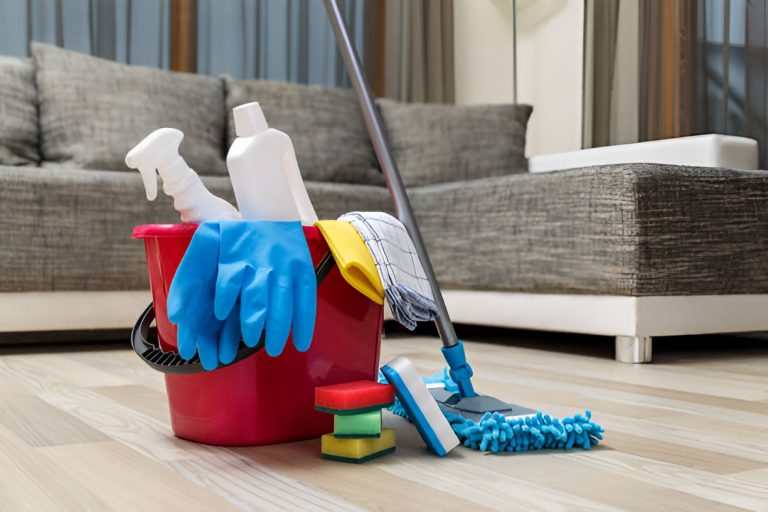

What Material Should You Opt for During Your Pool Installation?
When planning a pool installation, one of the most important decisions you’ll face is selecting the material for the pool structure. The material you choose for your pool will influence its durability, appearance, cost, and maintenance. With various options available, it’s crucial to understand the pros and cons of each material before making your decision. Let’s explore the different materials commonly used in pool installations to help you determine the best choice for your needs.
1. Concrete Pools
Concrete pools are one of the most popular options for homeowners seeking a durable and customizable pool. These pools are known for their flexibility in design, as they can be constructed in any shape or size to suit your backyard space. Concrete pools are made by spraying a mixture of cement, sand, and water over a steel rebar framework, then finishing it with a plaster or pebble surface.
Advantages:
- Customization: Concrete pools offer unlimited design possibilities. Whether you want a freeform pool or a traditional rectangular one, concrete can be shaped to your exact specifications.
- Durability: Concrete is incredibly strong and can last for decades with proper maintenance. It’s resistant to wear and tear, making it ideal for homeowners looking for a long-lasting investment.
- Luxury Finishes: With concrete, you can choose from a variety of finishes such as plaster, pebble, or tile, offering an upscale look that suits different aesthetics.
Disadvantages:
- Cost: Concrete pools are generally the most expensive option for pool installation. The initial cost of the materials, labor, and time needed for installation can be quite high compared to other materials.
- Maintenance: Concrete pools require more upkeep than other materials. The rough surface can cause damage to pool liners and may require more frequent cleaning to prevent algae buildup. You also need to re-plaster or re-tile the pool every 10-15 years, which adds to the long-term maintenance costs.
- Installation Time: Concrete pools take longer to install than fiberglass or vinyl pools. The curing process can take several weeks before the pool is ready for use.
2. Fiberglass Pools
Fiberglass pools are a popular option for homeowners who want a low-maintenance, durable pool that can be installed quickly. These pools come pre-formed in a variety of shapes and sizes, and they are delivered to your home and installed as a single piece.
Advantages:
- Quick Installation: Unlike concrete pools, fiberglass pools are installed much more quickly, usually in a matter of weeks. Since the shell comes pre-formed, installation is a straightforward process that reduces the time it takes to get your pool up and running.
- Low Maintenance: The smooth surface of fiberglass pools makes them resistant to algae growth, reducing the need for regular cleaning. They also don’t require resurfacing, unlike concrete pools.
- Durability: Fiberglass is a highly durable material that can withstand the test of time, even in harsh weather conditions. The material is resistant to cracking, which is a common concern with concrete pools.
Disadvantages:
- Limited Customization: While fiberglass pools come in various shapes and sizes, the designs are pre-formed. If you have a very specific vision for your pool, you may be limited in terms of customization with this material.
- Cost: Fiberglass pools tend to be less expensive than concrete pools but more expensive than vinyl options. The initial cost can be a factor depending on the size and design you choose.
- Size Limitations: Fiberglass pools are often limited in size due to transportation constraints. If you have a large backyard or want an exceptionally large pool, fiberglass may not be the best option.
3. Other Considerations
When deciding on the material for your pool installation, there are other factors to consider as well, including:
- Climate: The weather in your area can influence the type of pool material that is best suited for your needs. For example, fiberglass pools are ideal for areas with freezing temperatures, as they are less likely to crack than concrete pools.
- Maintenance: Different pool materials require varying levels of maintenance. If you prefer a low-maintenance option, fiberglass or vinyl may be the better choices.
- Aesthetic Preferences: Your choice of material should complement your backyard design. Concrete pools offer a wide range of finishes, while fiberglass and vinyl provide more limited options.
Conclusion
Ultimately, the material you choose for your pool installation will depend on your budget, maintenance preferences, and aesthetic goals. Concrete pools are ideal for those seeking customization and long-term durability, while fiberglass offers a faster installation and low-maintenance option. Vinyl liner pools are an affordable and customizable choice, but they require more upkeep over time. By carefully weighing these factors, you can make an informed decision that aligns with your lifestyle and pool expectations.
.




